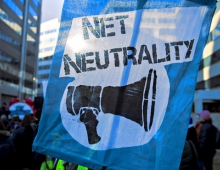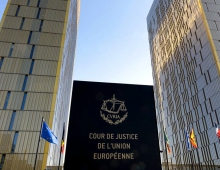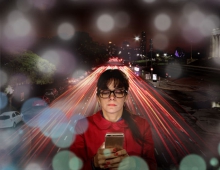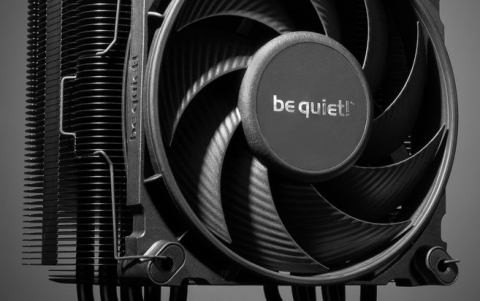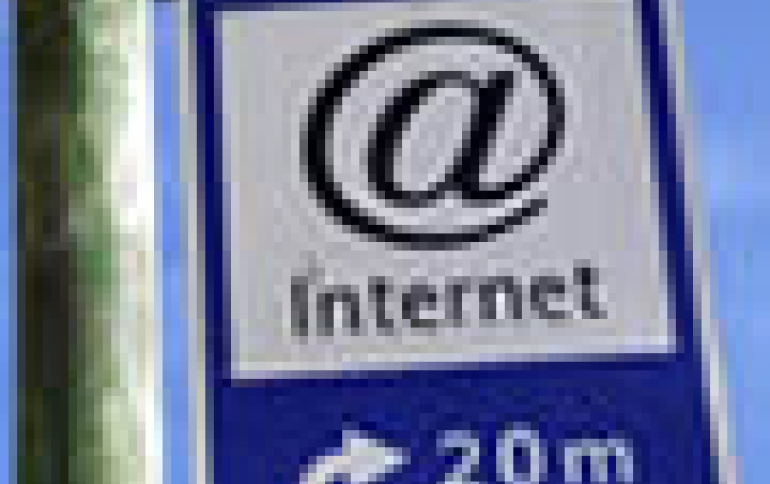
New EU Rules Threaten Online Freedom
In a move that could threat online freedom and the spread of information, the EU proposed a legislation that would prevent users from uploading any form of video.
A proposed EU directive could extend broadcasting regulations to the internet, hitting popular video-sharing websites such as YouTube, reports the London Times. This would mean that websites and mobile phone services that feature video images would have to conform to standards laid down in Brussels.
Personal websites would have to be licensed as a "television-like service". Once again the reasoning behind such legislation is said to be in order to set minimum standards on areas such as hate speech and the protection of children.
The BBC reported that under such laws people who distribute stories about fictional children's hero Biggles or the Old Testament could be criminalized under the guise of anti-racism legislation.
So will the future internet be controlled?
The EU data retention bill, passed in February after much controversy and with implementation tabled for late 2007, obliges telephone operators and internet service providers to store information on who called who and who emailed who for at least six months. Under this law, investigators in any EU country, and most bizarrely even in the US, can access EU citizens' data on phone calls, sms', emails and instant messaging services.
The US government is also funding research into social networking sites and how to gather and store personal data published on them, according to the New Scientist magazine.
Such moves could be considered as afoot to clamp down on internet neutrality and even to designate a new form of the internet known as Internet 2.
The InfoWars site has a full and somewhat frightening run down on the legislation and its possible impacts:
"...This [Internet 2] would be a faster, more streamlined elite equivalent of the internet available to users who were willing to pay more for a much improved service. Providers may only allow streaming audio and video on your websites if you were eligible for Internet 2."
"..Of course, Internet 2 would be greatly regulated and only "appropriate content" would be accepted by an FCC or government bureau. Everything else would be relegated to the "slow lane" internet, the junkyard as it were."
It should be noted that a lot of ridiculous legislation is proposed and this may not reflect the final draft, but none the less it is worrying.
Personal websites would have to be licensed as a "television-like service". Once again the reasoning behind such legislation is said to be in order to set minimum standards on areas such as hate speech and the protection of children.
The BBC reported that under such laws people who distribute stories about fictional children's hero Biggles or the Old Testament could be criminalized under the guise of anti-racism legislation.
So will the future internet be controlled?
The EU data retention bill, passed in February after much controversy and with implementation tabled for late 2007, obliges telephone operators and internet service providers to store information on who called who and who emailed who for at least six months. Under this law, investigators in any EU country, and most bizarrely even in the US, can access EU citizens' data on phone calls, sms', emails and instant messaging services.
The US government is also funding research into social networking sites and how to gather and store personal data published on them, according to the New Scientist magazine.
Such moves could be considered as afoot to clamp down on internet neutrality and even to designate a new form of the internet known as Internet 2.
The InfoWars site has a full and somewhat frightening run down on the legislation and its possible impacts:
"...This [Internet 2] would be a faster, more streamlined elite equivalent of the internet available to users who were willing to pay more for a much improved service. Providers may only allow streaming audio and video on your websites if you were eligible for Internet 2."
"..Of course, Internet 2 would be greatly regulated and only "appropriate content" would be accepted by an FCC or government bureau. Everything else would be relegated to the "slow lane" internet, the junkyard as it were."
It should be noted that a lot of ridiculous legislation is proposed and this may not reflect the final draft, but none the less it is worrying.



